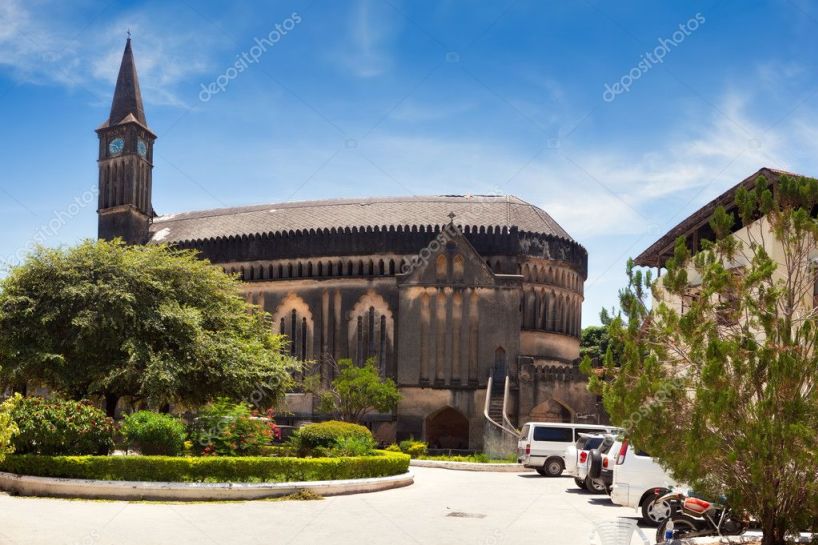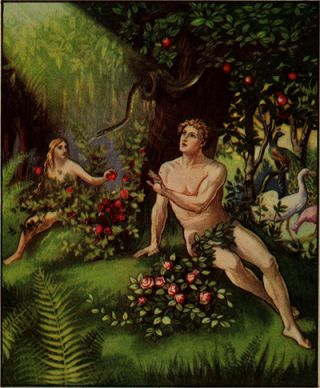*Editor's note: This post was originally published on Theogrimage by Mr. Kevin Muriithi, a pastor at Loresho Presbyterian Church.
Lupita is a sister from another mother. Literally, we are from the same country. But aside from this overly-dramatic start to get you to read, her recent (yay to all the people like me who are late to the party!) movie reminded me why I love Africa. My wife, Jess, recently told me that I think about it, write about it and talk about it – And I’ve placed her here for good measure to remind her that I do the same with her, if not more (plus her birthday is today ). I love Africa. I love Africa to the point that I have a fresh manuscript for a new book about Africa. I make the repetition because somehow in the past, many demarcate those with faith convictions like mine with loving Africa.
I had been working as an Engineer before taking a different turn. It happened that on one of the days that I remained in the office, I struck a conversation with a thirty-something-year-old Kenyan lady. She narrated her past that included getting pregnant before marriage, her Christian parents pressurizing her to get married, the birthing of two children, her father pursuing young girls during his mid-life crisis and “leaving my husband” as number one on her current bucket list (No, the husband hadn’t done anything “wrong”). I know, a maze of intertwining twists. Understandingly, her final conclusion upon later sharing my story and faith journey was: “Christianity is a white man’s religion. We are better off with our African tradition.”
This lady carries similar convictions held by many African intellectuals such as Jomo Kenyatta and Chinua Achebe. It was Kenyatta, the founding Kenyan president, and anthropologist, who said something to the effect that the mzungu came with the Bible and when we opened our eyes, our land was gone. With all the land that the first family is said to have amassed, one wonders whether the land issue was merely rhetoric. Achebe as well makes a clear demarcation of African tradition and Christian faith in his prolific books. Is it not possible for the two to co-exist? What about venerable Africans down the ages who had strong faith persuasions? Here are only four responses to the misconception that “Christianity is a white man’s religion”:
- There are several mentions of African places and people in the Christian Scripture. From the Hebrew word for Adam to the garden of Eden to the story of the patriarchs to the first Evangelist in the New Testament (Mark) to the studious and faith-filled Apollos and that memorable story of Simon the Cyrene, the black presence of Africa in the Bible is too multifarious to ignore. Long held to be the cradle of civilization, Ethiopia has been mentioned severally in the Scriptures in addition to Egypt (Gen 10:6-20, Num 12:1, Ps 68:31, Ps 87:4, Nah 3:9, Acts 8:27).
- Much of the Western Intellectual tradition was fertilized in Africa. Thomas Oden was a Methodist theologian whose work referenced largely the early Church fathers. There has been perhaps no singular book that has theologically influenced my perspective of Africa than his book How Africa Shaped the Christian Mind. It was, to say the least, a wake-up call from the overly-western lenses that I have for too long embraced when looking at life. His thesis is that African places, people, and ideas influenced the development of the Christian faith. Some Afrocentric scholars claim that even in the philosophical and scientific contributions of the West, African influence is tangible – for instance, in the writings of some Greek philosophers as well as contemporary mundanity we enjoy such as coffee, modern art, and jazz, according to this Guardian op-ed. (See this Introduction to African Civilizations)
- Many Church fathers were of African descent. Oden continues to make the claim that many of the Church fathers such as Athanasius, Clement of Alexandria and Augustine were of African descent. In seminary, one reads their writings and life as if they belonged in the West. Viewing them as fellow Africans and sanctified sinners, although many of them were in Roman-occupied Africa, certainly empowers me as an African to make my contribution to the world – and should empower you too! One of the best databases on this history of Africans are:
- Some of the oldest churches are located in Ethiopia and Libya. The problem of Christian denominations that many have raised was non-existent before 1054 AD. This was the year when the Western Church (Roman Catholic and the later Protestant Reformation in the 1500s) and the Eastern Church (Orthodox) split. Scholars have continued to assess this historical discord. Some of the oldest Orthodox churches can be found in Ethiopia and Libya, stretching as far back as the 6th century. This magazine on Early African Christianity by the Christian History Institute is a remarkable read.
In short, the claim that Christianity is a white man’s religion is not founded on sound evidence. Christian presence, although very broad in its definition, precedes the 20th-century missionary enterprise. This by no way demeans the positive elements of mission Christianity that we have inherited. I have made this case through a book that is coming soon called WE TRAVELLED AFRICA that is set in Kenya and narrated by a young African millennial, telling the stories of three African generations and the centrality of their faith convictions in navigating their socio-cultural and political contexts. Watch out for the book!
The tapestry of Scripture is an invitation to all tongues, cultures, and nations to worship Christ the King in Zion. The harmonies and the mosaic in the New Jerusalem will be a diversity of persons, called, redeemed and sealed by God the Father, Son and Holy Spirit. May we embrace this multi-ethnic and multi-cultural Kingdom and declare the excellencies of our ultimate Citizenship to all who would look to the King.






